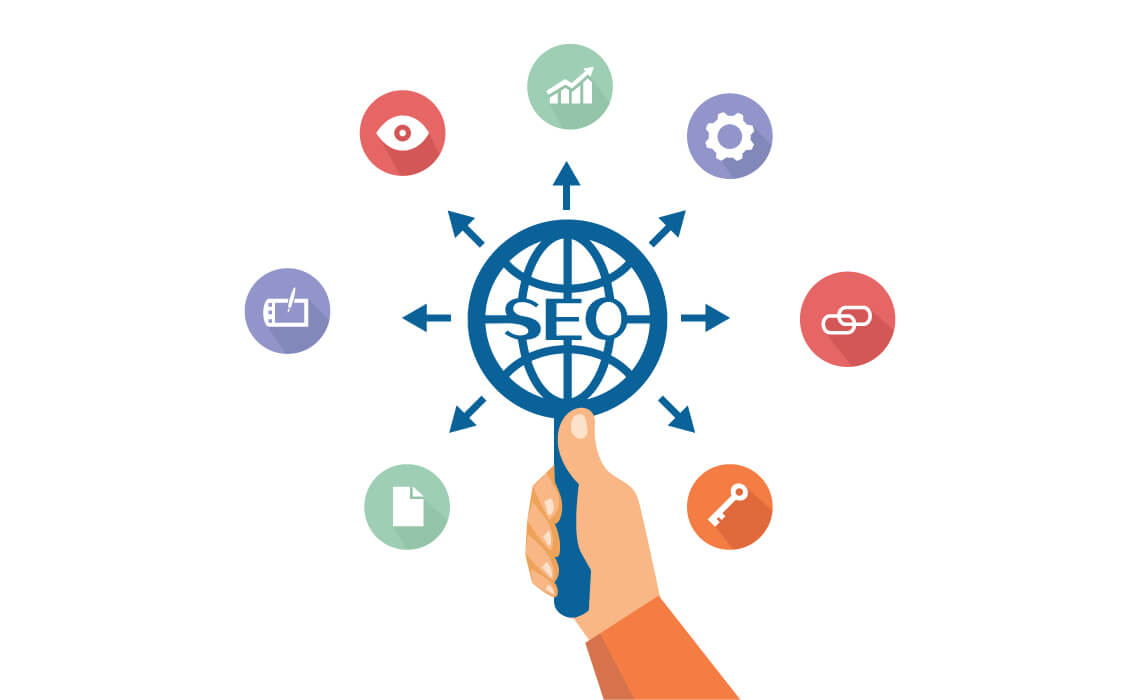When you optimize your elements on a website, in order to show up on or rank higher on a search page, it is known as on-site SEO (also known as on-page SEO).
A good on-site SEO strategy helps users quickly find an answer to their search query and also helps them understand quickly, what the site they’re entering is all about. The main aim of your on-site SEO strategy should be to help search engines understand what a human would see and the value your site is offering to the search engine’s users. At first glance, these bots should be able to recognize what humans would consider quality and valuable pieces of content, about a certain search or query.
The final goal of on-site SEO should be to make it as easy as possible for both search engines and users to understand, identify and take a call about the page- if it is worthy or not to have a spot on a search engine results page (SERP).
The importance of on-site SEO
On-page or on-site SEO is important as it is a measure of the value you provide to your visitors and customers. It helps Google learn about your website and how serious are you when it comes to solving its search engine users’ problems. Your on-site SEO strategy should be optimized for both human eyes and search engine bots.
While you may think that on-site SEO is just a mere job of creating and publishing your content, you must also optimize it for Google and other search engines to rank higher and increase your flow of traffic.
Unlike off-site SEO, the best part about on-site SEO is that the results you see after the choices you make are entirely in your hands and can be controlled. The reason behind its name, “on-page” is because the tweaks you make can be seen by visitors on your page (Adding keywords).
Since every part of on-page SEO is dependent on the changes you make, it is completely up to you to do it correctly.
On-site SEO elements
When developing your on-site SEO strategy, there are a few elements you should monitor for best results, namely:
- High-quality page content
- Page titles
- Headers
- Meta descriptions
- Image alt-text
- Structured markup
- Page URLs
- Internal linking
- Mobile responsiveness
- Site speed
While all these elements may look different, the root of them has the same basic idea: To create a great user experience. The more valuable a page is (from both a search engine and user perspective), the better that page’s on-site optimization.







